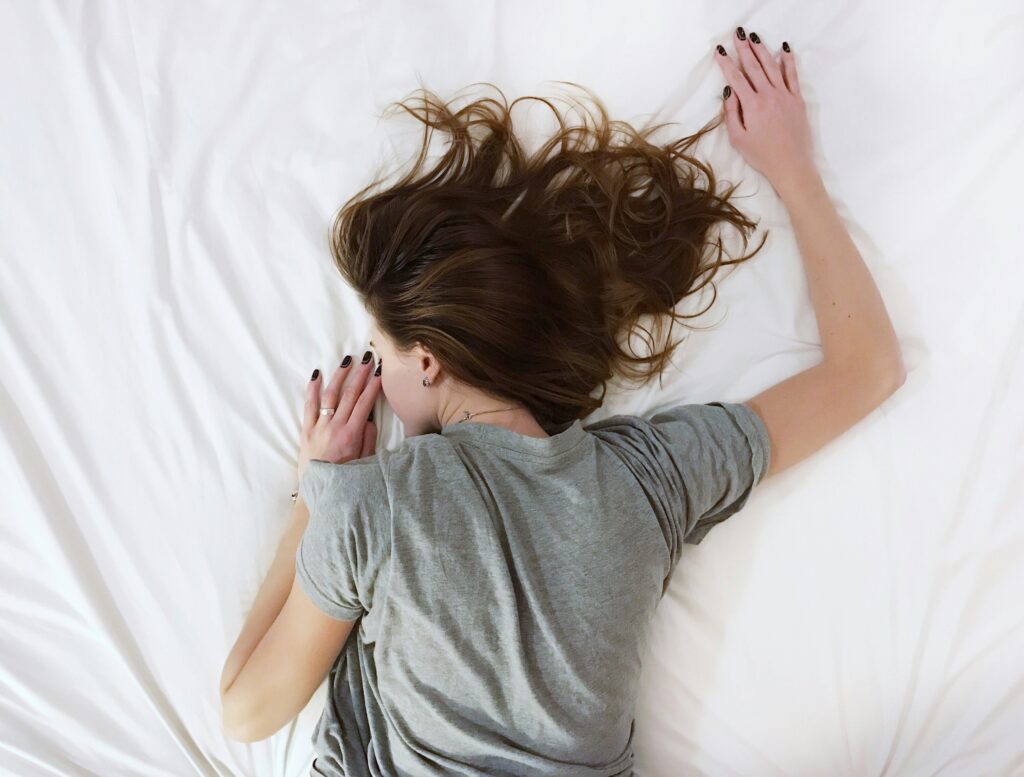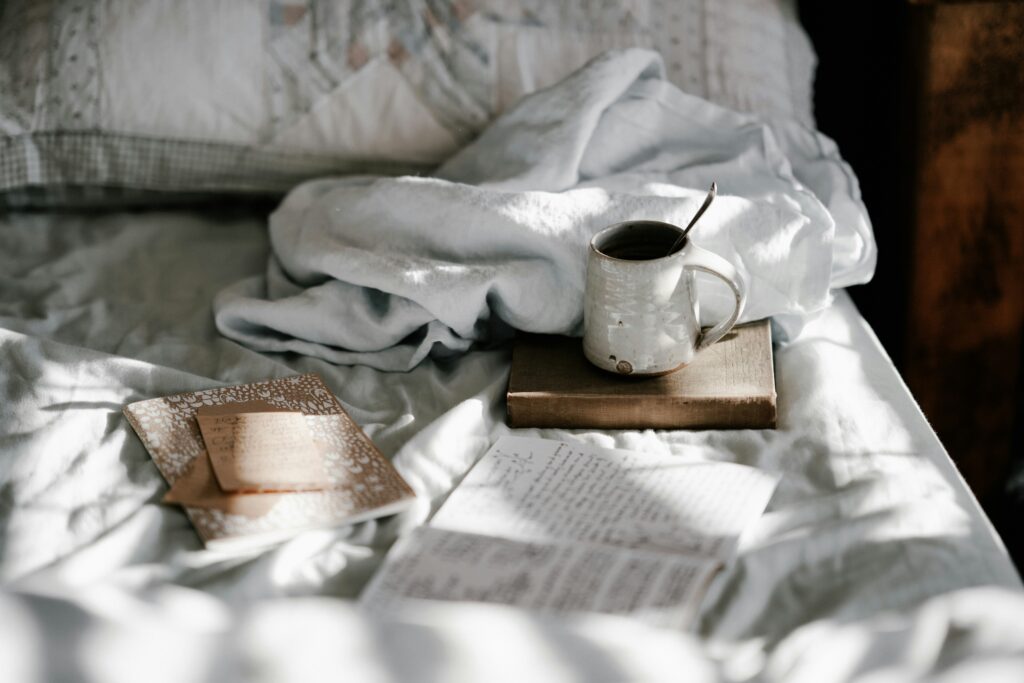Introduction:
Have you ever wondered how alcohol really affects your sleep? In this blog post, we’re going to peel back the layers and uncover the truth behind the often misunderstood connection between alcohol and our precious shut-eye.
The nightcap
Ah, the nightcap – that tempting elixir many of us reach for to unwind and send ourselves into a blissful slumber. The use of nightcap for a ‘drink taken on going to bed’ dates from the early eighteenth century—the notion being that, like a literal nightcap, it warms you up and helps you to sleep. But is the relationship between alcohol and sleep as harmonious as it seems?
The Seductive Sleep Inducer
It’s no secret that a nightcap can initially make you feel drowsy and relaxed. A glass of wine or a dram of whiskey can act as a sedative, calming the nerves and slowing down the brain’s activity. This calming effect is attributed to the depressant nature of alcohol, which essentially means it suppresses the central nervous system. However, before you start reaching for the bottle, let’s delve into the intricacies of how alcohol impacts the different phases of sleep.
How alcohol really affects your sleep: The Sleep Cycle Dance
A typical sleep cycle consists of several stages, including non-REM (rapid eye movement) and REM sleep. The former is characterized by light and deep sleep, while the latter is where dreams occur. Now, here’s the twist – while alcohol may help you doze off faster, it disrupts the natural progression of these sleep stages.
Research has shown that alcohol can lead to fragmented sleep, meaning you might find yourself waking up more often throughout the night. This disruption can hinder your ability to reach the deep, restorative stages of sleep, leaving you feeling groggy and less rejuvenated come morning.

The Not-So-Quality Slumber
Sure, a night of drinking might help you fall asleep faster, but the quality of that sleep is questionable at best. Studies indicate that alcohol can diminish the amount of time spent in REM sleep, the phase crucial for memory consolidation and emotional regulation. So, while you might clock in your eight hours, the actual benefits of those Zs may be compromised.
Moreover, let’s talk about snoring – an unwelcome symphony that often accompanies a night of heavy drinking. Alcohol relaxes the muscles in your throat, potentially leading to increased snoring and even sleep apnea in some cases. The result? A night that might leave you feeling more exhausted than revitalised.
I’m personally a very light sleeper and can’t stand sharing a bed with a partner that snores. Can you imagine the horror when it was brought to my attention that I too would snore so loud after a drink that I could bring the house down? Not attractive.
The Rebound Effect
Ever experienced a night where you’ve had a few drinks only to find yourself wide awake at 3 a.m.? Welcome to the rebound effect. While alcohol can induce sleep, it has a paradoxical impact as well. As your body processes the alcohol, it can lead to a surge in adrenaline, pulling you out of your peaceful slumber and into a state of alertness.
Furthermore, the dehydrating effects of alcohol can contribute to nighttime awakenings, as your body signals for a water break in the middle of the night. So, that seemingly harmless nightcap might just be the reason you’re tossing and turning when you least want to.
The Myth of the Nightcap
Despite these sleep-disrupting truths, the myth of the nightcap persists. Many individuals turn to alcohol as a sleep aid, unaware of the potential long-term consequences on their sleep quality. It’s essential to recognize that using alcohol as a sleep crutch can create a cycle of dependence, where the body becomes reliant on it to induce sleep.

Healthy Sleep Habits
So, what can you do to ensure a good night’s sleep without relying on the deceptive charms of alcohol? Establishing healthy sleep habits is key. Consider adopting a consistent sleep schedule, creating a calming bedtime routine, and optimizing your sleep environment by keeping it cool, dark, and quiet.
Additionally, limit caffeine intake, especially in the hours leading up to bedtime. The stimulating effects of caffeine can linger in the body for several hours, potentially interfering with your ability to fall asleep. Similarly, avoid heavy meals close to bedtime, as digestion can disrupt your sleep.
Healthy Alternatives for Better Sleep:
- Herbal teas: Chamomile and valerian root teas are known for their calming properties.
- Mindfulness and relaxation techniques: Practices like meditation and deep-breathing exercises can help calm the mind and prepare the body for sleep.
- Establishing a bedtime routine: Creating a consistent pre-sleep routine signals to your body that it’s time to wind down.
- Limiting screen time: The blue light emitted by screens can interfere with the production of melatonin, a hormone crucial for sleep.
Suppliments to aid sleep that you may wish to try
- Melatonin
- Valerian Root
- Magnesium
- CBD
The Road to Restful Nights
Understanding the intricate dance between alcohol and sleep is the first step toward reclaiming your nights. When we look at how alcohol really affects your sleep, we can see that it in fact does the opposite to what it first appears to do.
While that nightcap may seem like a shortcut to dreamland, the truth is that it might be leading you down a path of restless nights and tired days. Instead, embrace healthy sleep habits and create an environment conducive to quality rest.
Remember, the relationship between alcohol and sleep is more complex than it appears. By choosing the path of mindful sleep practices, you can foster a long-lasting connection with restful nights – no nightcap required. Sweet dreams!
